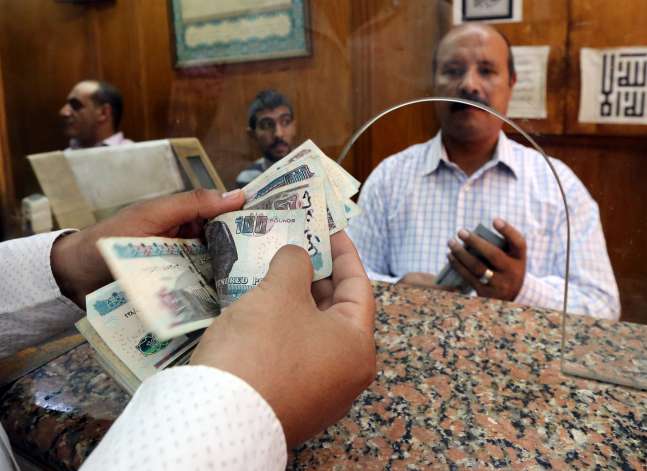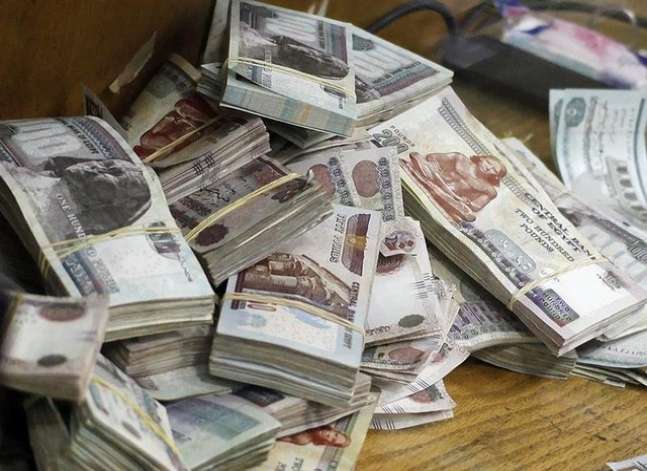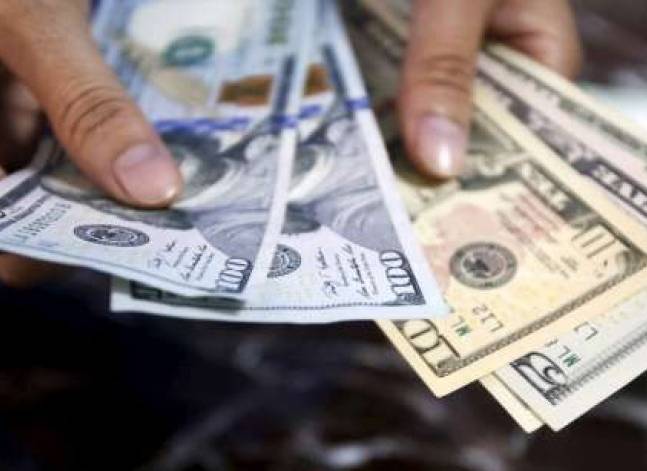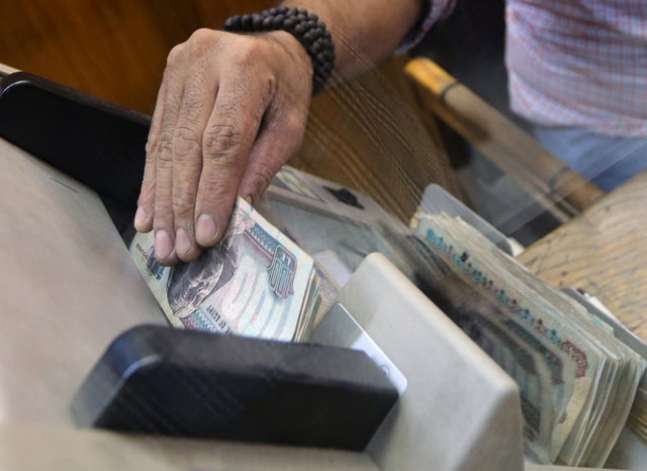Latest NEWS
- Aswat Masriya, the last word
- Roundup of Egypt's press headlines on March 15, 2017
- Roundup of Egypt's press headlines on March 14, 2017
- Former Egyptian President Hosni Mubarak to be released: lawyer
- Roundup of Egypt's press headlines on March 13, 2017
- Egypt's capital set to grow by half a million in 2017
- Egypt's wheat reserves to double with start of harvest -supply min
- Roundup of Egypt's press headlines on March 12, 2017
Egyptian pound weakens as forex restrictions ease
CAIRO 1 Dec. (Reuters) - The Egyptian pound weakened further against the dollar on Thursday as some banks took advantage of a loosening of restrictions and began addressing customers' forex needs for non-essential goods and temporary overdrafts.
Bankers had told Reuters on Wednesday that the central bank is allowing them to allocate dollars to a wider range of clients, potentially making hard currency available to foreign companies seeking to repatriate earnings after months of delays.
Banks were selling the dollar at 18.10 pounds at 1:40 pm (1140 GMT), after closing at 17.95 on Wednesday.
"High demand and limited supply is mostly the reason. That and the move to allow corporate dividends out of the country will keep the pressure up for a while," said one banker.
Egypt floated the pound on Nov. 3 and raised interest rates by 300 basis points in a dramatic move welcomed by businesses as the key to unlocking investment.
It devalued the currency by about a third from the former peg of 8.8 against the dollar and allowed it to drift lower.
The dollar peg had drained the central bank's foreign reserves, which have been hit by reduced foreign investment following political turmoil in the past few years, forcing the bank to impose capital controls and ration dollars.
That prompted desperate importers to turn to a burgeoning black market where the dollar at one point fetched more than twice its official value.
A severe shortage of dollar liquidity when markets opened for the first time after the float had resulted in low volumes and saw the pound weaken to 18 versus the dollar.
The currency strengthened to about 15.50 after it became clear that the International Monetary Fund would approve Egypt's $12 billion lending programme to support government reforms but has since weakened again.
"So far 18-18.30 seems to be the psychological ceiling. Most banks won't break it," said the banker. "It is still a liquidity market as well, not a price based one. In other words, banks that have supply are driving the market too high."
Since the float, more companies have gone to the banks for their dollars, leaving them scrambling for funds while a lack of liquidity means interbank trading got off to a slow start.
The central bank's Monetary Policy Committee held benchmark interest rates steady at its meeting on Nov. 24.















